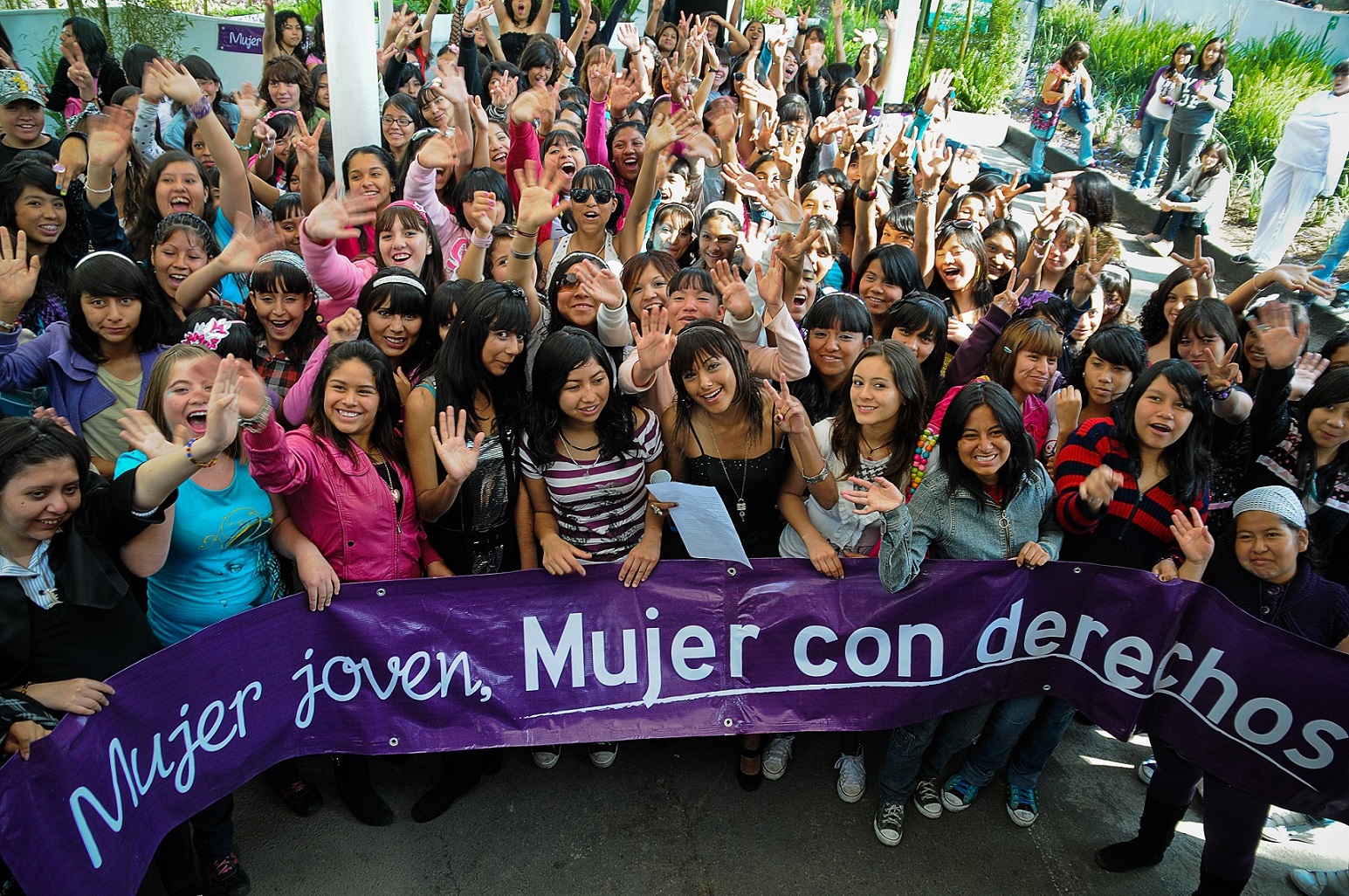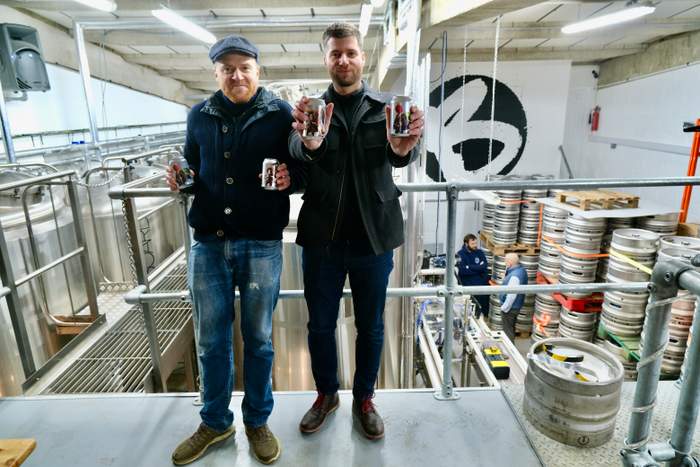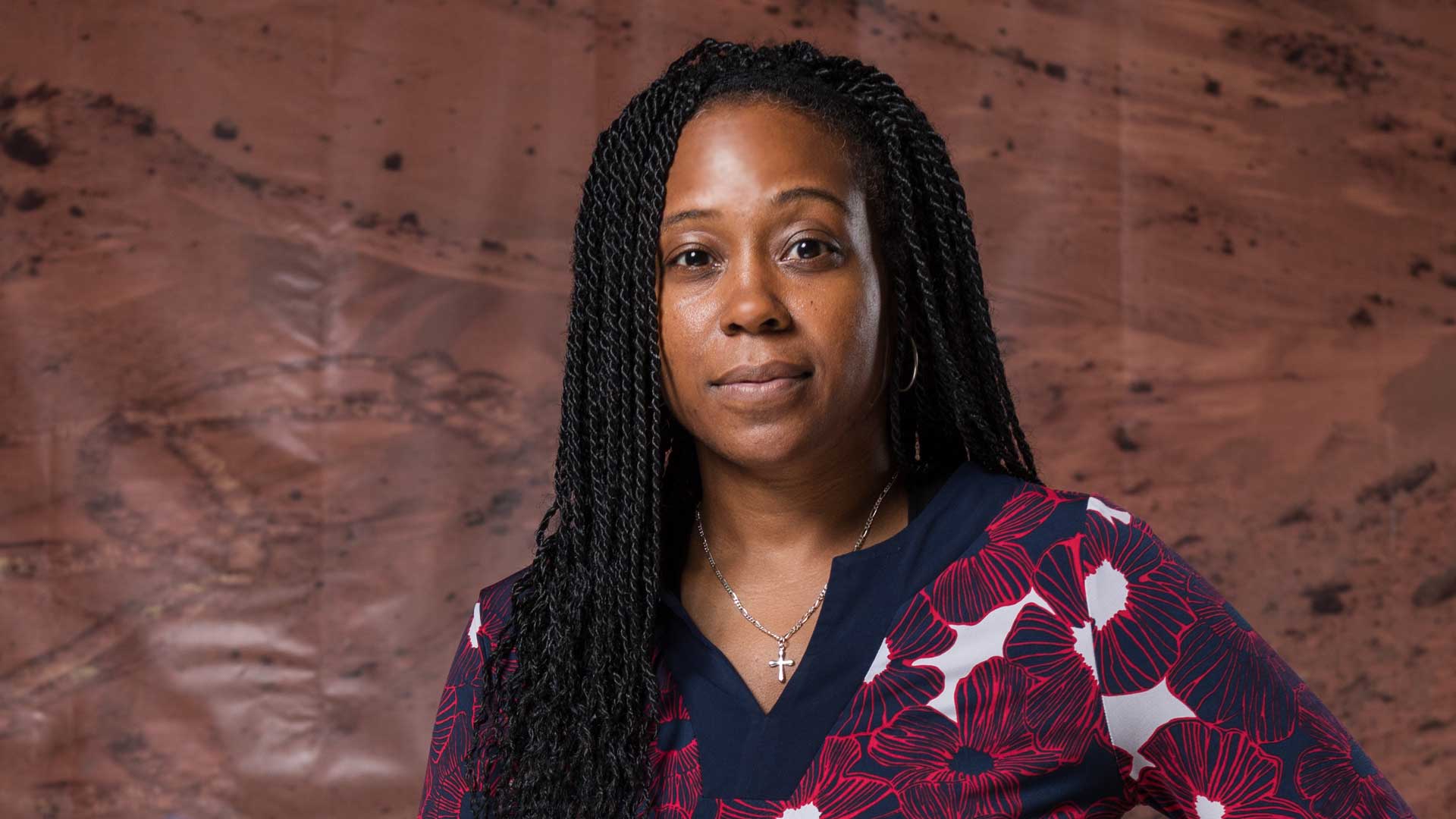A lack of support for good menstrual health is decimating girls’ quality of life all around the world.
Over 20 million girls drop out of schools in India every year when they start their periods. In Bangladesh, 40 percent of the female school population miss school every month. Even in the UK, supposedly one of the most developed countries in the world, 100,000 girls didn’t go to school last year because of concerns about menstruation .
Sarah Cottee, a philanthropy specialist who spent six years working in South East Asia, saw first-hand just how damaging this was. She saw the risks when girls were labelled a ‘woman’ too quickly. How dropping out of school early led to work in unsafe, unregulated labour. How a lack of qualifications left women trapped and unable to move on in life.
“I kept seeing this issue of women not knowing about their menstrual cycles. It was leading to so many dropouts from school, and then so many unplanned pregnancies,” Cottee told Global Shakers. “Not knowing when you’re fertile and when you’re going to be on your period—you start staying home for longer and longer each time to avoid that horrible time of starting your period at school.”

The immi watch
She was driven to develop a solution that would work in low resource communities that often didn’t have clocks or calendars. One that was convenient, wearable, and didn’t need charging.
The answer was immi, a battery-powered watch that tracks menstrual cycles. Users simply press a button to tell the watch when it’s their first day of the cycle. Then, with a glance, they can see what day they’re on and when their period is approaching. As the user enters more data, the watch learns how long their normal cycle is.
It’s a sleek and subtle design—something Cottee says was essential from the very beginning. “It doesn’t really matter if you’re earning a million dollars a day or one; you’re not going to wear something that doesn’t look good,” she added.
A wholesome business model for immi
immi has partnered with six non-profit organisations to distribute the watches in a range of countries, including the Philippines, Hong Kong, Ghana, Tanzania, Vietnam and across Latin America. The idea is to support charities already focused on education or product distribution—providing a new element to their work and scaling a solution that can get around traditional cultural, religious or financial barriers.
The watches will be sold at a wholesale cost to the foundations, which are then advised to put a nominal price on the product before distributing them to women and girls.
“Our recommendation is a small amount paid back over time,” Cottee said. “Or a paid through people’s time, so people maybe do admin work three hours a week in return.
“It’s so important for girls to see the watch as valuable, so they use it more.”

immi founder Sarah Cottee
A global problem
Good menstrual health has long been a key cause for Cottee, whose grandmother, Rosaleen Immelda (immi) Clearkin—from whom the watch gets its name—juggled being a mother of five with pioneering academic research on menstrual health.
But experiences in her own life made her realise how important a tool like immi could be the world over. She realised that while she always knew the calendar date, she often didn’t know what day of the cycle she was on—despite this affecting everything from mood to behaviour and energy.
This concern was compounded when she returned to the UK after years of living in Hong Kong, where smartphone applications to track periods were commonplace. “When I came back here and I started talking to a lot of my peers, I was completely gobsmacked at the low level of awareness. There seemed to be no correlation between your educational level and your knowledge of menstrual cycles,” she said.
“There was an absolute disconnect, and I would get the most basic questions from very educated women.”
Research shows that this is a problem worldwide. One of four women in the UK admit that they don’t understand their menstrual cycle. Most women don’t have a 28-day cycle, despite this being the benchmark for advice, and many women have—and don’t know about—irregular cycles. “If you’re getting into your late 20s, 30s, an irregular cycle could be an indication that you are suffering from endometriosis, polycystic ovaries, diabetes or thyroid issues,” Cottee added. “Just knowing and understanding this is so important.”
It’s impossible to separate these knowledge gaps, often the result of a lack of open and comfortable discussions about periods, from challenges facing women in general. A recent study by the United Nations found a shocking 90 percent of people are biased against women. This adds to what Cottee identifies as persistent feelings of shame when talking about menstrual cycles. “Everyone thinks about bleeding, but that’s only one part. It’s so much more than that. But that’s what the attachment has been.”

Roots of Health, immi’s partner organisation in the Philippines.
A sense of community
Cottee has a real desire to create community and a sense of connection: The same watch will ultimately be sold to girls across the world, whether in the UK or Ghana or the Philippines. “No matter where you live or what you earn, you have a period, and we want to create that sort of connection between people,” Cottee said.
She added that there was a long-term goal to remove shame from discussions about menstrual health. “If you’re suddenly linking [menstrual health] to something that looks good, and you love, there’s a slow etching away at the stigmas. On a long-term level, that’s really important for us.”
immi is currently seeking support through a crowdfunder on Indiegogo. Money raised will be used to support a pilot and develop a network with partner organisations and retailers around the world. Cottee said that immi is having conversations about expansion with a range of other non-profit organisations, including those active internationally, such as the Gates Foundation.
The plan is to begin commercial sales this year.




